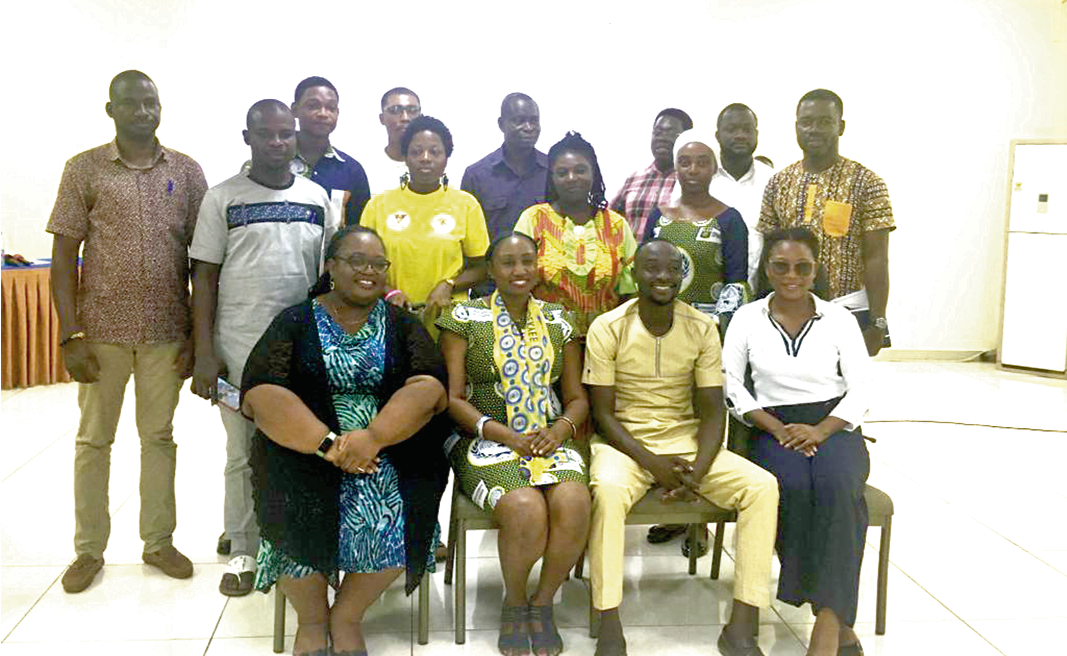
Make reproductive health available to adults — RIPS
The Regional Institute for Population Studies (RIPS) at the University of Ghana (UG) has recommended that more Sexual Reproductive Health (SRH) programmes be made available for emerging adults especially those in the tertiary institutions in the country.
Advertisement
The institute made the call after a research it conducted revealed that the youth in the country desired to receive accurate and SRH information from relevant stakeholders.
Limited SRH
The study indicated that most SRH programmes did not tackle relevant issues that contemporary youth faced and that the education they received was mostly limited to the secondary education level.
It further revealed that most adults and SRH stakeholders treated the youth as novices on issues such as the proper use of contraceptives while restricting them from receiving accurate information with regard to reproductive health.
A Research Fellow at RIPS, Dr Yaw Atiglo, therefore, called for the adoption of technology in these programmes to ensure confidentiality of the information the youth gave in those sessions.
He further recommended that friendly community centres be created for the training of young people in SRH to address their problems.
Workshop
The workshop, held in Accra, was a policy communication and engagement on three research topics which explored the use and non-use of modern contraceptives, COVID -19, relationships and contraception, and emerging adults’ reports on sexual and reproductive health programmes.
It was to communicate the findings of the research which was conducted among young people between the ages of 18 and 24 on contraceptive behaviour and practices among the sexually active youth in Accra.
Diverse approachs
A Senior Lecturer at RIPS, Adriana Biney, said there was a need for a non-judgmental SRH education to be made available by the Ghana Health Service as well as other stakeholders.
Presenting findings on the research, she stated that critical intervention for emerging adults was imperative as she called on stakeholders to factor that in their policies and programmes.
“For programmes to be successful, diverse approaches should be used and the content of messages, attitudes of those providing the messages should be considered”, she added.
Contraception
A Research Assistant at RIPS, Laud Sowah, indicated that young people used contraception due to social goals they wanted to achieve based on societal expectations.
He stated that the study revealed that young people used contraceptives to maintain a positive social identity.
Mr Sowah explained that according to the study, it was known that most youth in the tertiary institutions were assertive on the use of contraceptives due to the social goals they wanted to attain such as education and personal achievements.
However, in the informal sector, most females were on the vulnerable side of the non-use of contraceptives because their partners were mostly their financial benefactors, thus, in situations where they did not want to use the contraceptives they could not object.



